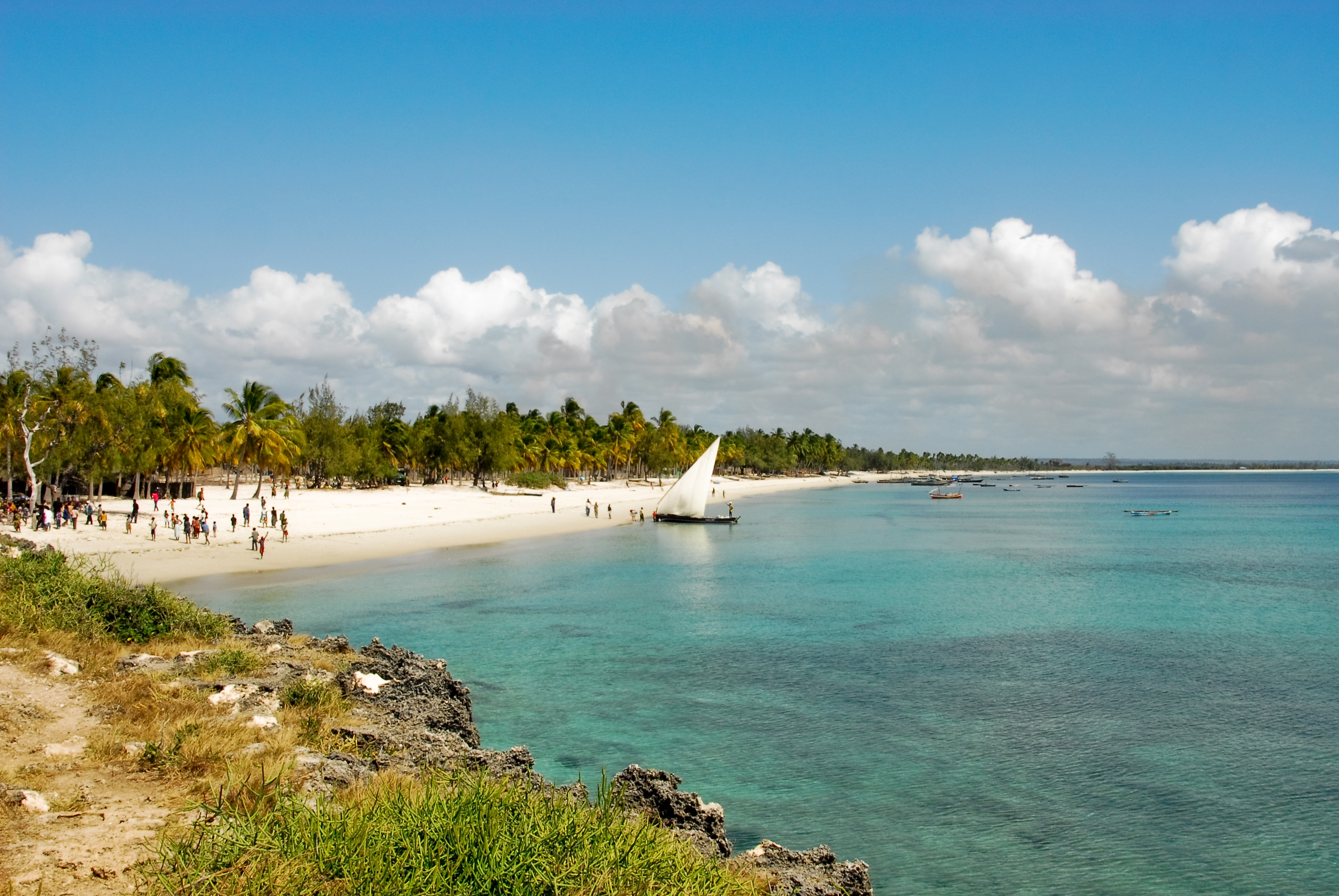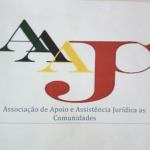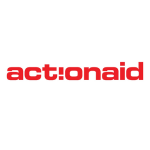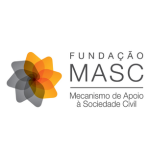MOZAMBIQUE
CONTEXT
Mozambique is currently ranked 15 on the Global Terrorism Index of 2024. Since 2017, Mozambique has been ravaged by attacks perpetrated by non-State armed groups (NSAGs) called Ahlu Sunna Wal Jama (ASWJ). These groups have wreaked havoc, destroying infrastructure, recruiting and kidnapping teenagers and youth, and causing deaths and thousands of internally displaced people.
After a relatively calm year, the first quarter of 2024 has seen a resurgence of attacks in the northern region of the country, particularly in the Cabo Delgado province. By mid-quarter, the attacks spread to the southern parts of the province, affecting districts such as Muedumbe, Macomia, Mocimboa da Praia, Nangade, Chiure, Ancuabe, as well as Quissanga, Ibo, and Querimba islands.
Thousands of people are reported to be displaced and killed. The International Organisation for Migration (IOM) estimates that 112,894 people have been displaced since December 2023.
INVESTMENT FOCUS
GCERF’s investment in Mozambique focuses on strengthening the resilience of communities in northern Mozambique against the recruitment and radicalisation practices of the violent extremists in the region.
GCERF-funded initiatives engage:
- socio-professional groups, focusing on unemployed youth between 15-35 years old
- local and influential authorities (religious and traditional leaders, and influencers)
- supporting structures for PCVE (CSOs with existing capacity for PVE or potential to develop capacities in PVE, Public Institutions of the District, Provincial and National Administration)
GCERF aims to achieve the investment objectives through a range of activities conducted by community-based organisations, such as :
- training for establishing and managing small-scale businesses, improving access to credit, markets, employment and income-generating opportunities.
- training youth, religious and community leaders, influencers, CSOs and CBOs on civic engagement, conflict resolution and PCVE.
- dialogues and training sessions for youth to reinforce their capacity while improving their life skills, participation in decision-making spaces and existing economic opportunities.
- sessions for community members on governance structures and how to present, discuss and ensure the integration of their priorities in local planning and budgeting exercises, including monitoring its implementation with the local government and decision-making structures.
03
Total Grants
03
Active Grants
11
Civil Society Organisations
04M USD
Total Amount Committed

LOCAL PARTNERS



Newsletter

Sustainable Development Goals

Peace, Justice & Strong Institution
No Poverty

Quality Education

Gender Equality

Decent Work & Economic Growth

Reduced Inequalities

